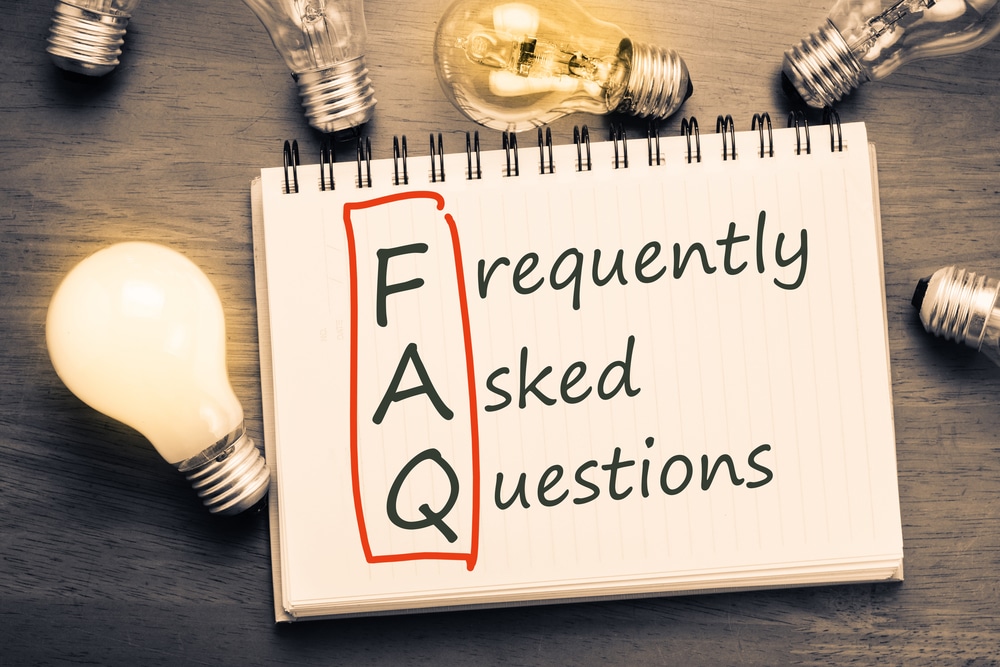Consonant Clusters in English: Definition, Examples and Word Lists

It can be a bit hard speaking the English language!
One reason is because of something known as a …

It can be a bit hard speaking the English language!
One reason is because of something known as a …

If there is one kind of word that you will always be learning in the English language, it would be …

English is only the world’s third most-spoken language by native speakers.
However, when you count all the people who speak …

There are over eight million people living in New York City, speaking over 200 different languages.
The city has taken …

If it’s hard for you to find time to read books in English, audiobooks can help.
And if you …

Food is one of the biggest topics of conversation in any language.
If you want to participate in these conversations …

In English, one type of question is the “Wh question.”
Wh questions begin with who, what, where, when, why, …